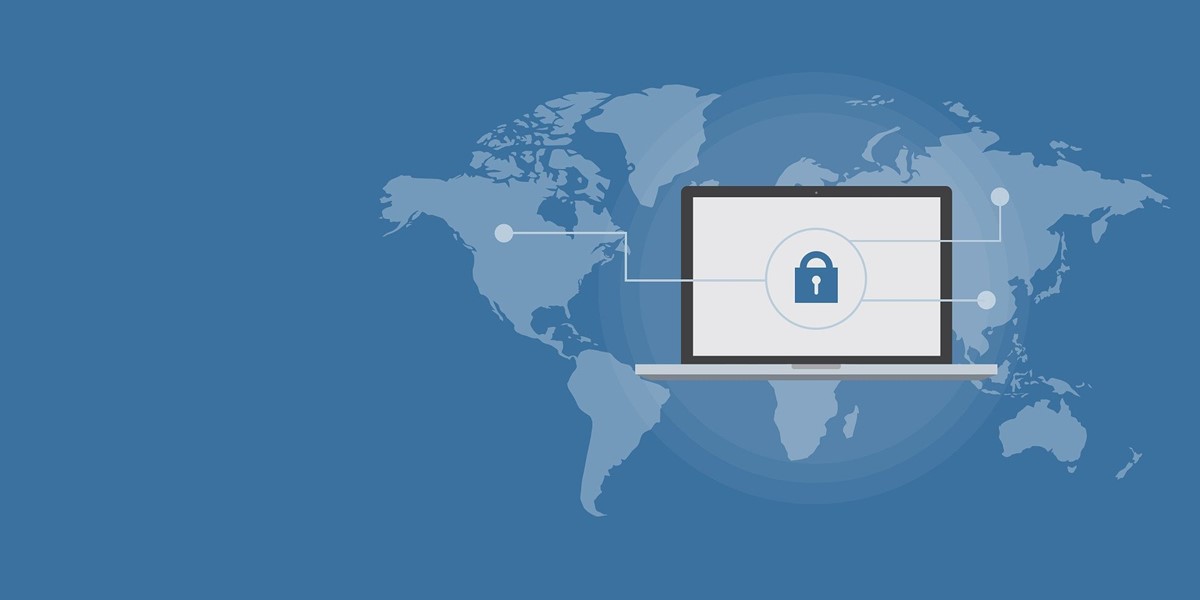Fuse is a Microsoft Partner, based in Northampton. We help organisations of all sizes to maximise IT efficiencies through the use of Microsoft cloud computing solutions.
Is Cyber Security Changing?

The pandemic has caused a surge in cybercrime. According to a recent report, online fraud is a third higher than in previous years, and phishing alone is seven times higher. Times of widespread change and uncertainty create an environment conducive to vulnerabilities that can be exploited by cyber criminals. If there are no security protocols in place, it is easy to become a victim of ransomware attacks, phishing, and extortion.
Having staff working remotely has created even more vulnerabilities for SMEs, mainly through the use of personal devices for work and by connecting to cloud-based business applications via home networks. To design effective prevention strategies, it’s important to understand the reasons behind the surge in cybercrime.
1) Software Incompatibilities
Computing applications are becoming increasingly complex, and that comes with additional risks. Software consists of multiple components, from databases to APIs, and to be fully functional, all components need to be compatible within themselves and with other external tools. Compatibility must also exist between software and hardware, which is harder to ensure when staff work from home using their own devices.
2) Questionable Apps
The use of apps for business purposes is now commonplace, since messaging and file exchange apps are routinely used in many businesses. But apps have become a major cybercrime vector, especially if the apps downloaded from unofficial channels (e.g. work conversations conducted on personal WhatsApp or Snapchat accounts), which can open a back-door to cybercrime. Stolen data, malicious downloaders and spying tools are sometimes downloaded instead of (or in addition to) mobile apps.
3) Overlooking System Updates
Regular software updates, reviews, and upgrades are critical in the prevention of cybercrime. Because both threats and technology are in a constant state of change, developers must evaluate operating systems, apps, and software to ensure they can withstand the latest attacks. In an office environment, updates are typically either set up to be done automatically, or a contractor takes care of them as and when they arise.
But when remote work is the norm, it is easy for workers to overlook updates, as they’re busy trying to get used to the new arrangement – and some may not even know that this has to be done. Lack of time or lack of awareness can turn them, their devices, and the organisation they work for, into targets.
4) Trying To Do Everything Alone
Keeping on top of cyber security is a challenge for IT professionals, let alone for businesses who try to do so without help. The current new environment, new ways of working and of running a business means we must keep our cyber security systems up to date. Trying to get old systems to work around new requirements can be extremely costly if data breaches or malware attacks take place.
Of course, this can be overwhelming for owners of small and medium-sized businesses, especially if their in-house IT support is limited (or non-existent), so getting expert assistance from an experienced third party is the wise choice.
Find Out More
These four factors come together to create a risky environment that can have negative financial outcomes for businesses. Not only that, but once cyber security is compromised, the damage to a company’s reputation can be very hard to reverse.
Educating staff and creating a best practice use policy will help. But the best strategy is to outsource cyber security to an IT managed service provider, such as Fuse Collaboration. Working with managed services providers who can build extra layers of protection is vital nowadays, and can help business owners head into the future with confidence. Please get in touch for a free quote or to discuss your needs.
Image Source: Pixabay









